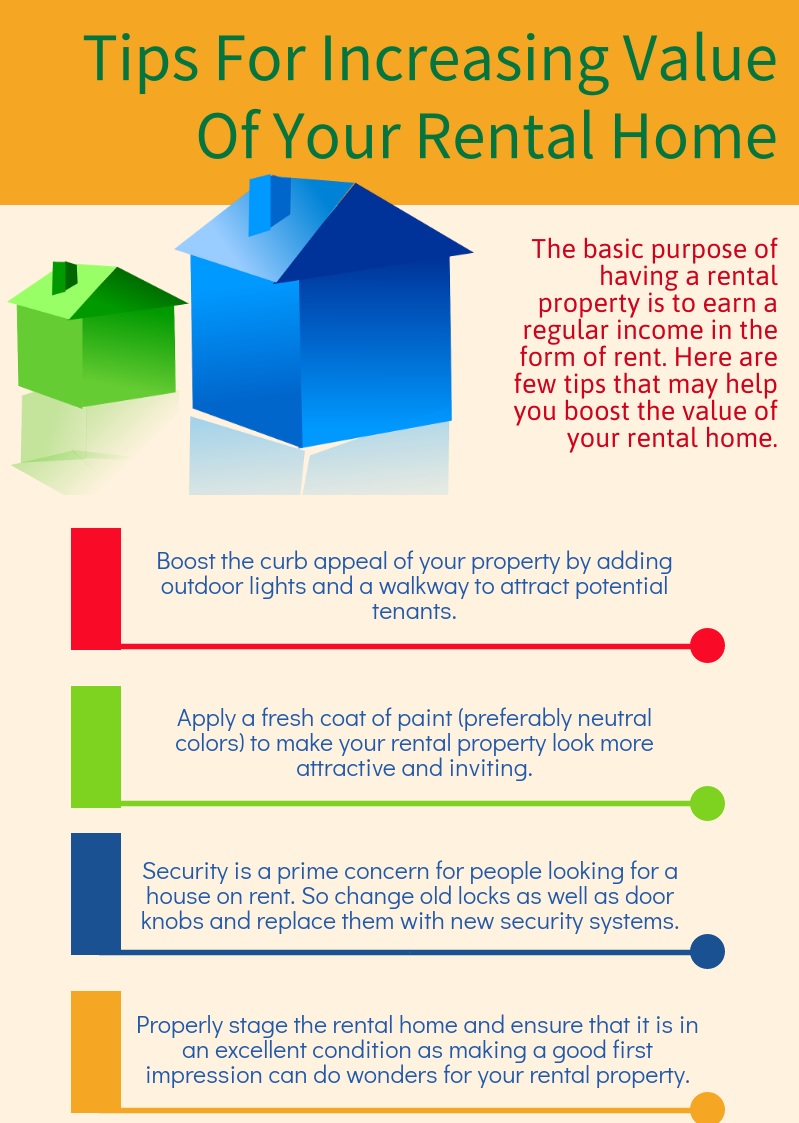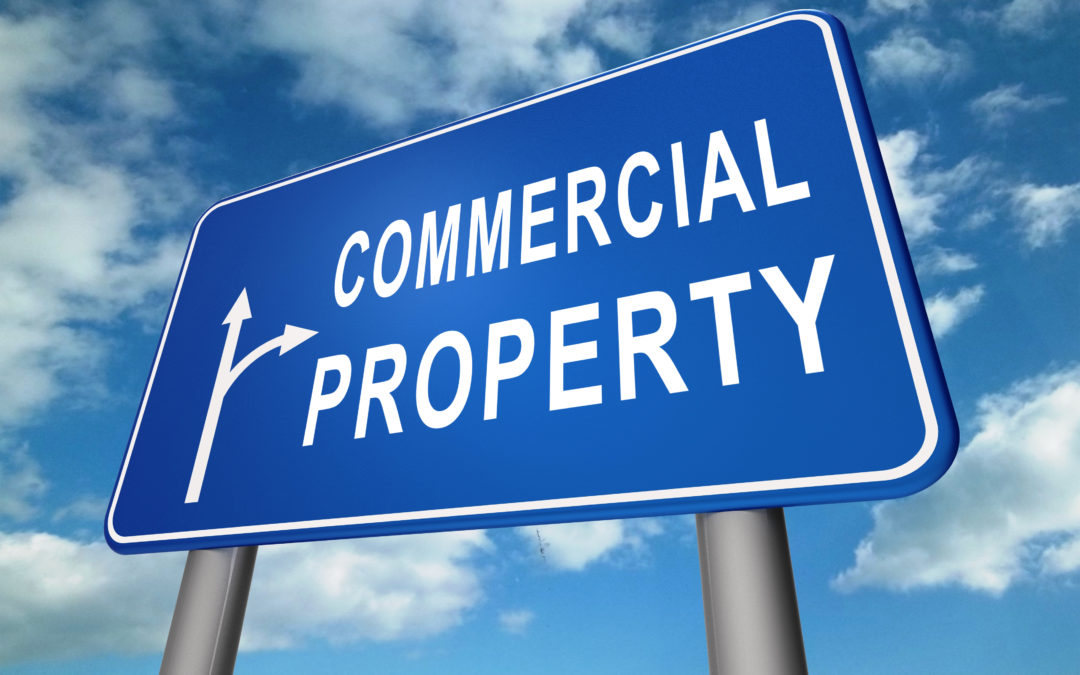
Maximizing Rental Property Management Success
Understanding the Basics
Rental property management is a multifaceted endeavor that requires careful attention to detail and effective communication. Whether you’re a seasoned investor or a novice landlord, understanding the basics of property management is essential for success. From tenant screening and lease agreements to property maintenance and rent collection, mastering the fundamentals lays the groundwork for efficient and profitable management.
Tenant Screening and Selection
One of the most critical aspects of rental property management is tenant screening and selection. Finding reliable and responsible tenants is essential for maintaining a steady income stream and preserving the integrity of your property. Conducting thorough background checks, verifying employment and income, and checking references can help ensure that you select tenants who are likely to pay rent on time and take good care of your property.
Clear and Comprehensive Lease Agreements
A well-crafted lease agreement is essential for clarifying the rights and responsibilities of both landlords and tenants. Clearly outlining terms related to rent, security deposits, maintenance responsibilities, and lease duration can help prevent misunderstandings and disputes down the line. Be sure to review lease agreements with tenants thoroughly and address any questions or concerns they may have before signing.
Effective Communication
Effective communication is key to successful rental property management. Establishing open lines of communication with tenants from the outset can help foster positive relationships and address issues promptly. Responding to inquiries and maintenance requests in a timely manner demonstrates your commitment to tenant satisfaction and can help prevent small problems from escalating into larger ones.
Proactive Property Maintenance
Regular property maintenance is essential for preserving the value and appeal of your rental property. Implementing a proactive maintenance schedule can help identify and address issues before they become major problems. From routine inspections and repairs to landscaping and pest control, staying on top of maintenance tasks can save you time and money in the long run and keep your tenants happy.
Prompt Rent Collection
Consistent and timely rent collection is crucial for maintaining a positive cash flow and covering expenses associated with your rental property. Establishing clear rent payment policies and deadlines and communicating them to tenants can help ensure that rent is paid on time each month. Consider offering convenient payment options, such as online payment portals, to make it easier for tenants to pay rent promptly.
Financial Management and Budgeting
Effective financial management is essential for rental property success. Keeping detailed records of income and expenses, budgeting for routine maintenance and unexpected repairs, and planning for vacancies can help you stay on top of your finances and achieve your investment goals. Consider working with a professional accountant or financial advisor to develop a comprehensive financial plan for your rental property business.
Legal Compliance and Risk Management
Staying compliant with local, state, and federal laws and regulations is essential for protecting yourself and your investment. Familiarize yourself with landlord-tenant laws, fair housing regulations, and eviction procedures in your area to ensure that you’re operating within the


